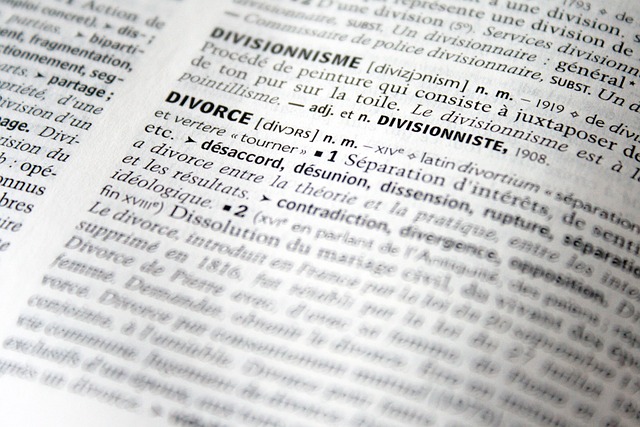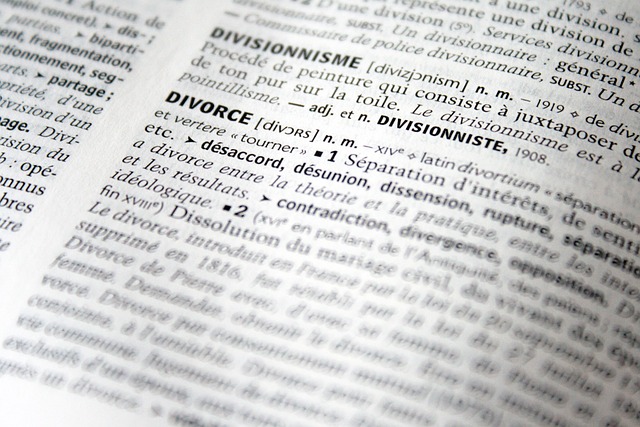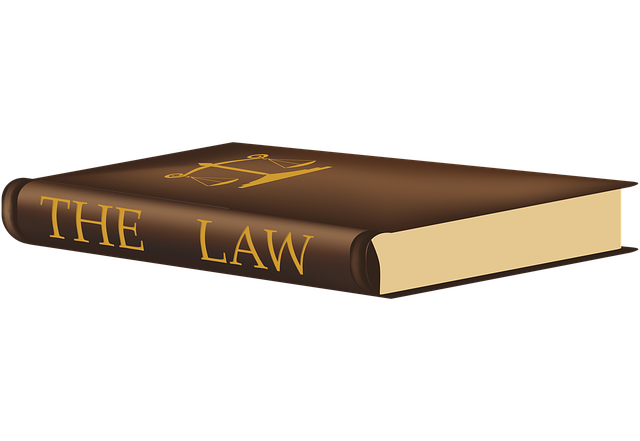The "Right to a Fair Trial" as outlined in the Constitution is vital for democratic societies, ensuring individuals are treated fairly in legal proceedings. In the context of financial fraud detection, technological advancements enable swift identification of fraudulent activities while balancing justice and legal principles. Balancing these factors is crucial to upholding the Constitution's provisions and maintaining public trust in financial systems through transparent, impartial investigations and robust evidence presentation. Fraud prevention involves multi-faceted strategies like continuous monitoring, advanced analytics, and cross-sector collaboration, adhering to constitutional rights for fair trials.
Financial fraud is a global concern, with sophisticated schemes evolving rapidly. This article delves into the complex world of fraud detection, exploring its multifaceted aspects. We begin by understanding the impact of financial fraud on individuals and economies, then examine the pivotal role technology plays in early detection. Legal considerations, including the right to a fair trial as guaranteed by the Constitution, are scrutinized for their crucial balance. Finally, effective prevention strategies and mitigation tactics are presented.
- Understanding Financial Fraud and Its Impact
- The Role of Technology in Fraud Detection
- Legal Considerations and the Right to a Fair Trial
- Strategies for Effective Fraud Prevention and Mitigation
Understanding Financial Fraud and Its Impact

The Role of Technology in Fraud Detection

The modern era has witnessed a significant transformation in financial fraud detection due to technological advancements. Automated systems and artificial intelligence are now instrumental in identifying patterns and anomalies that might indicate fraudulent activities, enabling quicker responses from regulatory bodies and law enforcement agencies. This is particularly crucial in the context of white collar defense, where complex financial crimes often require sophisticated analysis to unravel.
By leveraging data analytics, machine learning algorithms can sift through vast amounts of financial transactions, flagging suspicious behaviors that may suggest money laundering, investment fraud, or insurance scams. Moreover, these technologies play a vital role in ensuring a fair trial as they assist in gathering robust evidence, reducing the potential for human error, and providing an unbiased perspective on complex financial cases. This is significant given the implications of financial fraud on society and the importance of upholding the Right to a Fair Trial Constitution in such matters, especially in the face of ever-evolving white collar and economic crimes.
Legal Considerations and the Right to a Fair Trial

In the realm of financial fraud detection, balancing the pursuit of justice with upholding legal principles is paramount. The right to a fair trial, enshrined in the Constitution, stands as a cornerstone for all accused individuals. This fundamental right ensures that suspects are treated equitably throughout the investigative and prosecution process, safeguarding against arbitrary or unfair practices.
When dealing with white-collar and economic crimes, which often involve complex financial transactions and high-stakes cases, achieving extraordinary results requires meticulous adherence to legal considerations. The focus should be on presenting robust evidence while respecting the suspect’s rights, ensuring that any conviction is based on a fair and impartial judicial process.
Strategies for Effective Fraud Prevention and Mitigation

Fraud prevention is a multifaceted strategy that requires vigilance at every turn. One key approach involves staying ahead of evolving fraud techniques through continuous monitoring and analysis. Advanced analytics, including machine learning algorithms, can identify patterns and anomalies indicative of fraudulent activities, enabling early intervention. Additionally, cross-sector collaboration among financial institutions, regulatory bodies, and law enforcement agencies is paramount. Sharing intelligence and best practices ensures a proactive response to emerging threats.
Beyond these measures, upholding the Right to a Fair Trial Constitution is essential for effective fraud mitigation. This involves transparent and impartial investigative processes that respect due process rights while ensuring efficient detection. An unprecedented track record of successful fraud cases can be achieved by thoroughly documenting each stage of the investigative and enforcement process, from initial suspicion to final resolution. This not only strengthens legal defenses but also fosters public trust in the integrity of financial systems.
Financial fraud, a subtle yet devastating crime, demands robust detection methods. Through technological advancements and strategic prevention plans, institutions can significantly mitigate risks. Balancing these measures with legal considerations, particularly regarding the Right to a Fair Trial as enshrined in the Constitution, is essential for maintaining integrity while ensuring justice. By adopting a comprehensive approach that combines technology, strategy, and legal adherence, we can fortify defenses against financial fraud, fostering a safer and more transparent economic environment.






